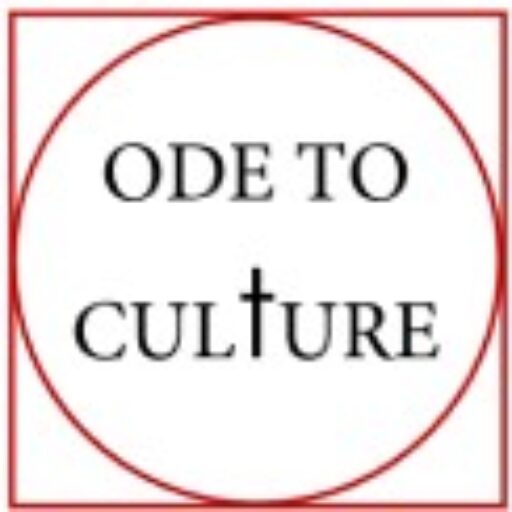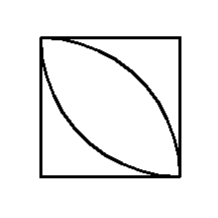Prompt 14: February 1, 2022
Seeing the crowds, he went up on the mountain, and when he sat down, his disciples came to him.
And he opened his mouth and taught them, saying:
“Blessed are the poor in spirit, for theirs is the kingdom of heaven.
“Blessed are those who mourn, for they shall be comforted.
“Blessed are the meek, for they shall inherit the earth.
“Blessed are those who hunger and thirst for righteousness, for they shall be satisfied.
“Blessed are the merciful, for they shall receive mercy.
“Blessed are the pure in heart, for they shall see God.
“Blessed are the peacemakers, for they shall be called sons of God.
“Blessed are those who are persecuted for righteousness’ sake, for theirs is the kingdom of heaven.
“Blessed are you when others revile you and persecute you and utter all kinds of evil against you falsely on my account. Rejoice and be glad, for your reward is great in heaven, for so they persecuted the prophets who were before you.
Matthew 5:1-12
Pain is the great equalizing force, the least refutable phenomena, the most real thing. Many suffer alone, but no one suffers alone. Emotional pain seems different from physical pain in that it carries with it a moral insinuation that there is a right way to respond to the pain. There seems to be a choice associated with non-physical pain in that its fruit should be good, a blessing in disguise. What doesn’t kill you makes you stronger after all. It may not be so true of non-physical pain, but it certainly isn’t true of physical pain, which almost always leaves you weaker and closer to death. Scar tissue doesn’t heal for a reason. The word pain is used for both, so perhaps someone can explore their meaning and how it relates to being human.
If we think of people as systems, like the postmodernists, we can imagine that when good things happen to people, they act rightly. Some would call this a privileged person. If bad things happen to people, they act poorly. Some would call this person a victim of their circumstances. Describing people as a function of their contextual circumstances seems to remove the agency of people, they are hardly the subject of their lives. This model would support the utopian idea that if the institutions of a society are perfected, the people will be. It is a poor model for conceptualizing a person, but I may be wrong.1
An alternative model would make a different claim, that people have some role in their behaviors. The opposite scenarios to the ones illustrated above indicate a process has occurred, making the person a causal agent, which is the more engaging drama. Good things happen to people and they act wrong, perhaps this is a villainous character. Bad things happen to people and they act rightly, perhaps this is a heroic character. Character is a valued trait in our society, we celebrate the fortitude of individuality. Some may argue that it is the primary ethos of the hero myth, which permeates our culture’s stories.
- Why is character such an honor?
- Why cause good from harm, or harm from good?
- What does it mean to be “Blessed.”
- What does it mean that God’s greatest glory is in the greatest suffering?
The thread is open. Create boldly, and may the Spirit guide us all.
Notes:
- Carl Jung, far from a postmodernist, claimed an optimistic estimate of 40% of the population fitting into the second model (The Undiscovered Self).

